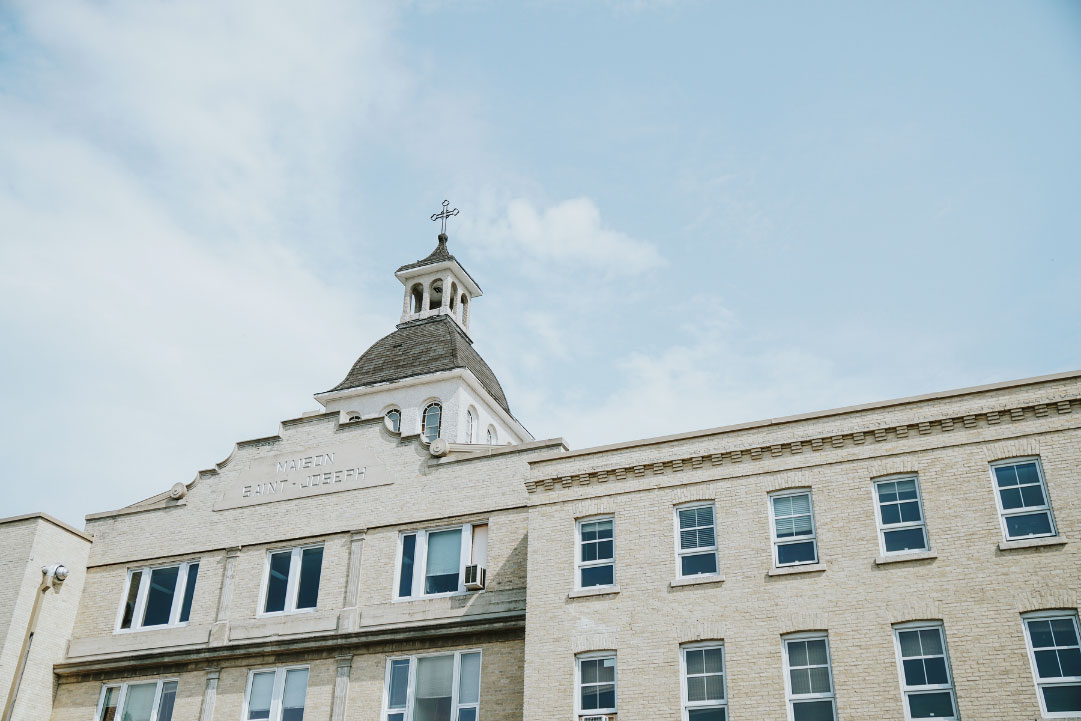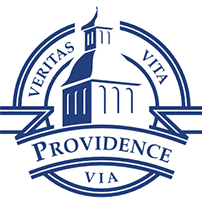OTTERBURNE, MB – Providence University College &Theological Seminary is pleased to announce that we have received a nearly $1 million grant from Lilly Endowment Inc. to help establish a Centre for On-Demand Education (CODE).
The project is being funded through Lilly Endowment’s Pathways for Tomorrow initiative. It is a three-phase initiative designed to help theological schools across the United States and Canada as they prioritize and respond to the most pressing challenges they face as they prepare pastoral leaders for Christian congregations both now and into the future.
“At Providence, our mission is to serve in the education and development of those who will lead the church in Canada and beyond,” explains President Kenton C. Anderson. “There has not been a more challenging time to attempt local church leadership in recent memory. So, we are positioning ourselves to serve our communities more effectively by developing a Centre for On-Demand Education (CODE).”
The key goal of CODE is to provide a system for pastors and church leaders that is better able to respond to the contextual challenges of leadership. Providence plans to adopt proven learning methodologies like competency-base theological education, adult degree completion, and prior learning assessments.
President Anderson says, “Our Seminary plans to offer a contextual, mentored, mastery-model system that students can access where they are and when they need it. It will all be done in close collaboration and in partnership with the local church.”
The US$994,571 grant from Lilly Endowment will benefit the Providence constituencies tremendously. Located centrally in the Prairies, Providence reaches a vast Canadian geography that includes many rural and Indigenous churches and communities.
Providence Theological Seminary is one of 84 theological schools that are benefiting from a total of more than $82 million in grants through the second phase of the Pathways initiative. Together, the schools represent evangelical, mainline Protestant, nondenominational, Pentecostal, Roman Catholic and Black church and historic peace church traditions (e.g., Church of the Brethren, Mennonite, Quakers). Many schools also serve students and pastors from Black, Latino, Korean American, Chinese American and recent immigrant Christian communities.
“Theological schools have long played a pivotal role in preparing pastoral leaders for churches,” said Christopher L. Coble, Lilly Endowment’s Vice President for Religion. “Today, these schools find themselves in a period of rapid and profound change. Through the Pathways Initiative, theological schools will take deliberate steps to address the challenges they have identified in ways that make the most sense to them. We believe that their efforts are critical to ensuring that Christian congregations continue to have a steady stream of pastoral leaders who are well-prepared to lead the churches of tomorrow.”
Lilly Endowment launched the Pathways initiative in January 2021 because of its longstanding interest in supporting efforts to enhance and sustain the vitality of Christian congregations by strengthening the leadership capacities of pastors and congregational lay leaders.
_____________________________________________________________________________________
About Lilly Endowment Inc.
Lilly Endowment Inc. is an Indianapolis-based private philanthropic foundation created in 1937 by J.K. Lilly, Sr. and his sons Eli and J.K. Jr. through gifts of stock in their pharmaceutical business, Eli Lilly and Company. Although the gifts of stock remain a financial bedrock of the Endowment, it is a separate entity from the company, with a distinct governing board, staff and location.
In keeping with the founders’ wishes, the Endowment supports the causes of community development, education and religion and maintains a special commitment to its founders’ hometown, Indianapolis, and home state, Indiana. The primary aim of its grant making in religion, which is national in scope, focuses on strengthening the leadership and vitality of Christian congregations in the United States. The Endowment also seeks to foster public understanding about religion and lift up in fair, accurate and balanced ways the contributions that people of all faiths and religious communities make to our greater civic well-being.


